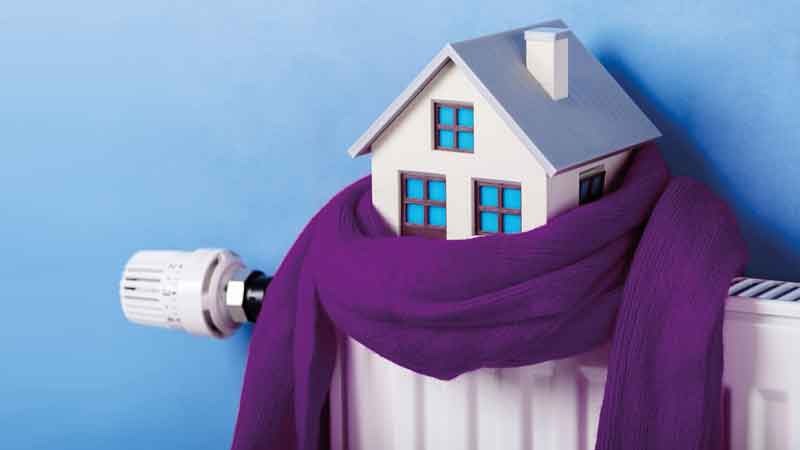
If you have a health condition like stroke, it's important to keep yourself and your home warm to help you stay well. But with soaring energy prices on top of the existing financial pressures stroke causes, many stroke survivors and their families are struggling to afford their heating.
It's not advisable to turn your heating off altogether, as the cold and damp can make your health worse. But you may be able to get financial help with your bills.
- Find out if you're eligible for benefits - If you receive means tested, disability or pension-related benefits, you'll automatically get an extra cost of living payment (helpforhouseholds.campaign.gov.uk). Speak to your local Citizens Advice, or visit gov.uk/benefits-calculator to find out more.
- Speak to your energy company - Many providers offer support to people who are struggling to pay their bills. Contact your supplier to find out if they can help you.
- Cost of living - If you're experiencing financial hardship, you may be able to get help from your local council. Contact them directly to find out what help is available in your local area.
If you're not eligible for financial support, here are some practical tips to help reduce heating costs, without compromising your health.
- Lower your thermostat - According to the Energy Saving Trust, turning your thermostat down by one degree can save around £145 annually. Although, if you're over 65 or have a health condition, 18°C is generally as low as you should go.
- Set your timer - If you have a gas boiler, it's cheaper to set your heating to come on only when needed, rather than keeping it on low all day. Set your heating to switch on just before you get up and turn off after you've gone to bed or are out of the house.
- Make your radiators more efficient - Check for cold spots and bleed them if needed. Turn off radiators in rooms you're not using and close the doors. Move furniture away from radiators to allow the warm air to circulate better.
- Keep warm air in - Fit draft-proofing strips to your windows and doors, block unused chimneys, add rugs and close curtains to stop warm air from escaping.
- Use an electric or insulating blanket - Electric blankets are much cheaper to run than central heating. Weighted, fleece or flannel blankets are good insulators and can help keep you warm while you're in bed or sat still.
- Visit a warm bank - These are heated communal places, such as community centres, libraries, churches and museums, where you can go if you can't afford to heat your home. Contact your council to find warm banks near you or visit warmwelcome.uk.
For more information and support
Download our Benefits and financial assistance guide or contact our Stroke Helpline on 0303 3033 100 or helpline@stroke.org.uk.
Stroke News magazine
This article is featured in the winter 2022 edition of our magazine, Stroke News. Subscribe to our future editions available in print, on audio CD, or via email.
